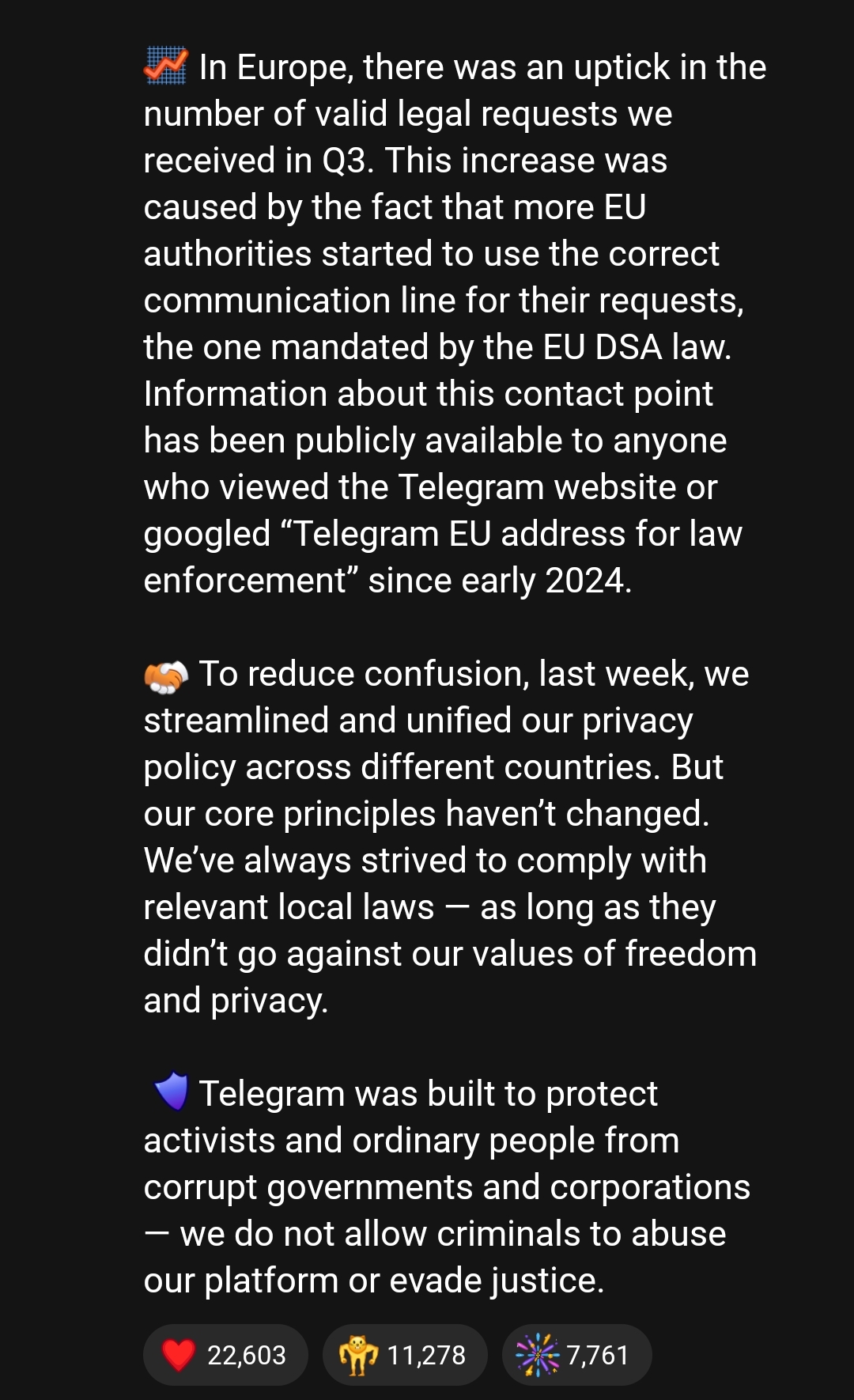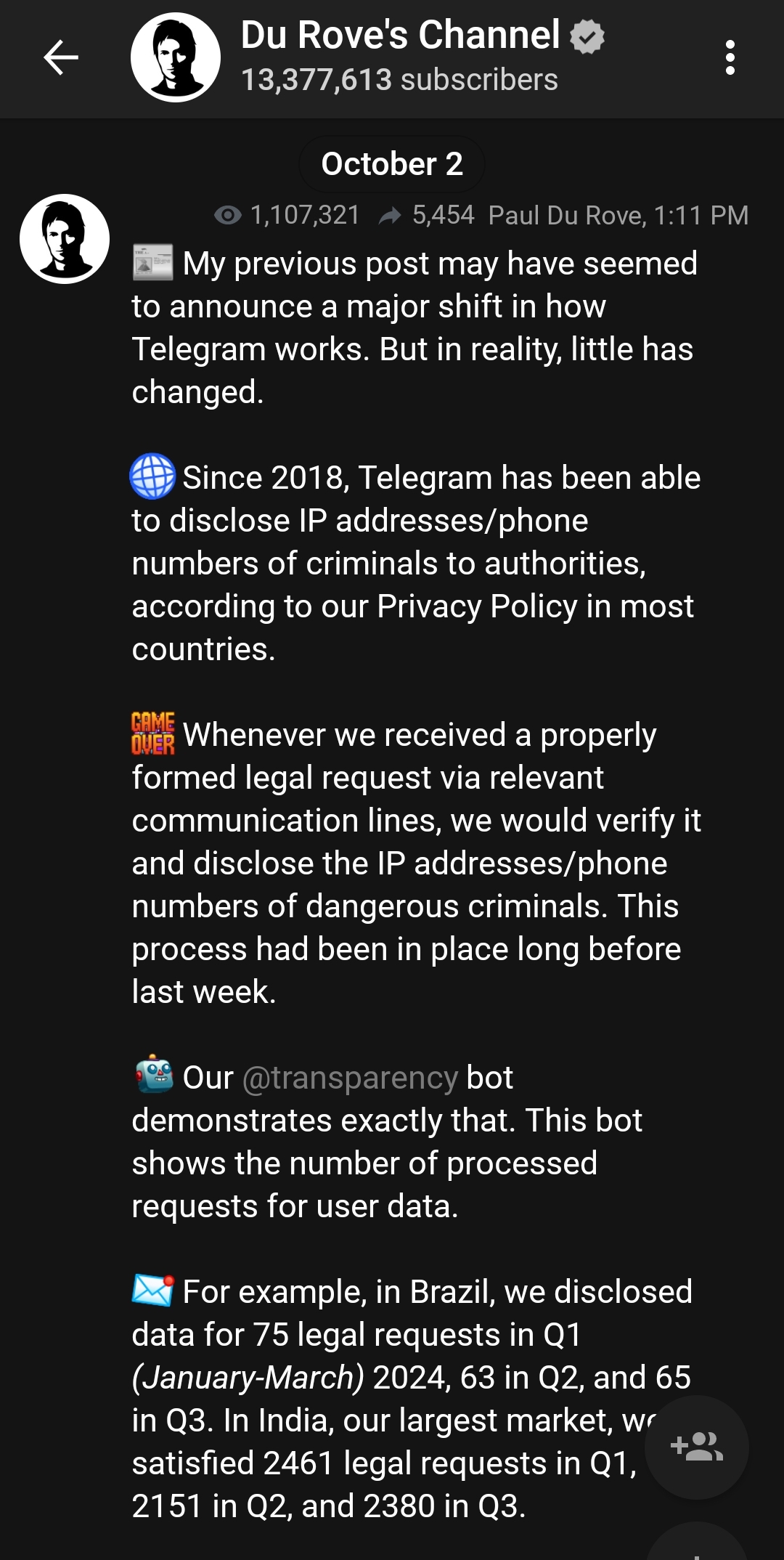this post was submitted on 02 Oct 2024
171 points (95.2% liked)
Technology
59589 readers
2891 users here now
This is a most excellent place for technology news and articles.
Our Rules
- Follow the lemmy.world rules.
- Only tech related content.
- Be excellent to each another!
- Mod approved content bots can post up to 10 articles per day.
- Threads asking for personal tech support may be deleted.
- Politics threads may be removed.
- No memes allowed as posts, OK to post as comments.
- Only approved bots from the list below, to ask if your bot can be added please contact us.
- Check for duplicates before posting, duplicates may be removed
Approved Bots
founded 1 year ago
MODERATORS
you are viewing a single comment's thread
view the rest of the comments
view the rest of the comments


It's bad for privacy no matter how you sell it. Unless you have a good amount of disposable income to buy up burner numbers all the time, a phone number tends to be incredibly identifying. So if a government agency comes along saying "Hey, we know this account sent this message and you have to give us everything you have about this account," for the average person, it doesn't end up being that different than having given them your full id.
Another aspect is the social graph. It's targeted for normies to easily switch to.
https://signal.org/blog/private-contact-discovery/
By using phone numbers, you can message your friends without needing to have them all register usernames and tell them to you. It also means Signal doesn't need to keep a copy of your contact list on their servers, everyone has their local contact list.
This means private messages for loads of people, their goal.
It's a bit backwards, since your account is your phone number, the agency would be asking "give us everything you have from this number". They've already IDed you at that point.
Yep, at that point they're just fishing for more which, hey, why wouldn't they.
It's a give and take for sure, requiring a real phone number makes it harder for automated spam bots to use the service, but at the same time, it puts the weight of true privacy on the shoulders and wallets of the users, and in a lesser way, incentives the use of less than reputable services, should a user want to truly keep their activities private.
And yeah, there's an argument to be made for keeping crime at bay, but that also comes with risks itself. If there was some way to keep truly egregious use at bay while not risking a $10,000 fine on someone for downloading an episode of Ms. Marvel, I think that would be great.